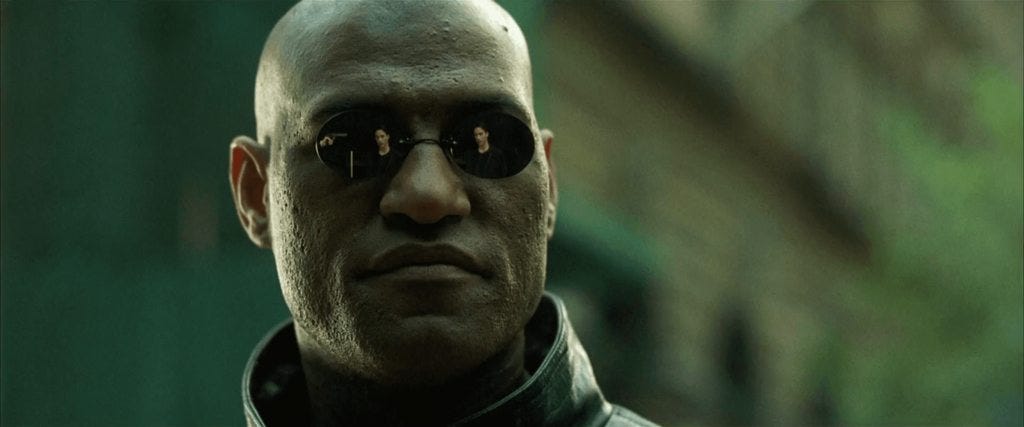Do you truly know your purpose? What if I told you you might be wrong?
I was reading a newsletter from one of my favorite creators, a board game designer, and publisher, who talked about a recent experiment he ran creating a product many of his fans had asked for. And almost no one bought it.
This reminded me of the famous quote from Henry Ford, “If I asked people what they want, they would have said faster horses.”
I spent a lot of time thinking about product design in my old company Tokyn.
One of the core tenants of product design is: don’t take direct solutions from your users. Your job is to hear people’s feedback and understand the underlying problem. People often are bad at coming up with a solution, but they are really good at talking about their problems. Which Henry Ford understood over a century ago.
People wanted to go faster, and all they knew was horses. His product solved the pain point, but not the recommended solution.
Product design follows this loop. Find a pain point → try to solve pain point → test with users → learn your solution kind of sucks → iterate → test with users → it sucks a little less → iterate, and on and on forever. At some point in there, you have a product that sucks little enough you can launch into the world, but the iterative process never stops.
What does product design have to do with purpose?
When I think of purpose, I think, “What do I want to build in this world that has a meaningful impact?” And even more personally, “Who do I want to become to have a meaningful impact?”
Our life and our work are products: things we want to impact others around us in meaningful ways. And what we do and who we are doesn’t just need to be meaningful to others, it needs to be meaningful to ourselves (otherwise why would we be doing it?) therefore we are also consumers of that product.
And we have the opportunity to impact the design.
Or put more bluntly, we’ll have a bad product of our life if we don’t intentionally test with ourselves and others to learn, and iterate.
You’ve probably heard this referred to as different flavors, something like “Lifestyle design.” I think what’s often missed in the conversation is that, in a product design cycle, BOTH the designer and the consumer are wrong in the beginning. It takes testing something in the real world and it takes iteration to arrive at a product that doesn’t suck.
Writers know this: your first draft always sucks.
Game designers know this: your first prototype is shit.
Product designers know this: people never use your thing the way you think they will on the first iteration.
Movie and TV studios use test audiences.
But I think most people have an idea of what some big thing they want to do is and are waiting for this perfect moment when they are free to do it. However, if it isn’t something you’ve tested, it’s only your first iteration, your first draft, your first prototype, it’s probably actually going to suck and it won’t live up to the ideal you have in your head.
So my caution is: the longer you wait to try, the longer you’re delaying those first cycles of it not being that great. Or even worse, you realize it’s the wrong thing and have a (insert your fraction here) life crisis.
Here’s an example of how I’m doing this:
I like having 1 on 1 conversations. Put me in a room full of people I don’t know and I will last about 15 minutes before I peace out. Get me in a conversation with any 1 person we can have an enjoyable, meaningful conversation for an hour.
I've always loved interview-style podcasts, thought I’d enjoy trying it myself, get to meet interesting people and uncover interesting insights for others along the way.
Before I started Tokyn, I experimented with interviewing publishers in the board game space about new games they released. Pretty quickly I realized I hated it. I realized I didn’t like this iteration because I was more covering new information like a journalist, not really as a conversation.
A couple of years later I tried again interviewing real estate investors. The second time around I liked it! I had great conversations, met great people, but realized I wasn’t doing anything new. There’s A LOT of real estate content out there. And there were a lot of people I wanted to talk to but wouldn’t quite fit in the box I put myself.
My next iteration is a podcast focused on interviewing people on how they successfully found creative freedom: meaning how they orient their life in such a way they could meaningfully focus on a craft and build cool things in the world.
You’re probably smarter than me, but I never seem to get it right on the first try. But I get closer with each iteration.


